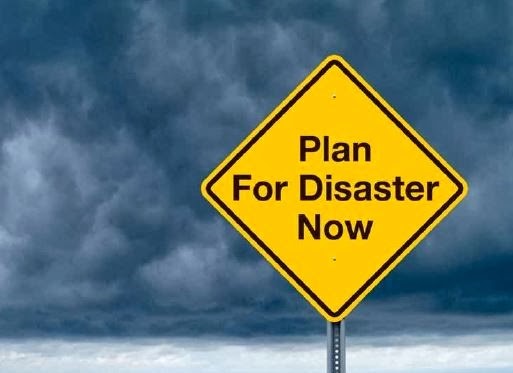How You Can Prepare for a Natural Disaster

In light of the recent event in Texas, you may be asking yourself if you are prepared for a natural disaster. Victims often feel helpless, hopeless and overwhelmed in the days following a catastrophic event like Hurricane Harvey. While you can’t control nature, there are some things you can do to prepare that might make things a little easier for you if disaster strikes.
- Educate yourself about what might be coming. Check out this natural disaster risk map to find out what types of severe weather events that might happen in your area. Prioritize your preparations by what has the highest odds of happening and go from there. You will also want to familiarize yourself with your insurance policies so that you will know what is and isn’t covered.
- Make home improvements that specifically reduce the risk of damage to your home during a natural disaster. For example, if hurricanes are possible where you live, install storm shutters and invest in hurricane straps to help keep your roof in place during fierce winds.
- Create an emergency kit that includes the following:
- Water - one gallon per person per day, for at least three days.
- Food - a three-day supply of non-perishables (don’t forget a can opener).
- Battery-powered (or hand-cranked) radio with extra batteries.
- Flashlights and extra batteries.
- First aid kit.
- Whistle - to signal for help.
- Cellphone with chargers (or a solar charger).
- Cash
If flooding may be an issue, consider adding the following: - Life jackets, rain boots, rain gear.
Supplement as needed with items for any special needs, such as children, pets or any medical conditions. Also, have a "go bag" ready that you can quickly grab should you have to evacuate.
- Keep an inventory of your belongings. Taking a home inventory may seem like a daunting task, but during a time of loss and grief, you will be hard pressed to remember all the contents of your home if they are lost to you. Having an accurate inventory will not only help ensure that you receive fair reimbursement from insurance, it will also make the recovery process easier.
- Make sure your family has an emergency plan and that you have gone over it together. Address things like how you will communicate, where you will go if you have to evacuate, where you will meet if you’re not together etc.
Don’t wait until you start hearing warnings about a severe weather event to start his process. Get prepared while you are in a calm state of mind and have time to focus on what you are doing without feeling rushed or fighting crowds of people grabbing the last of the water and batteries. You may never have to make use of any of your disaster preparations, but it is always better to be safe than sorry!












